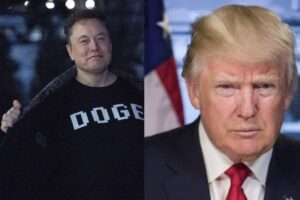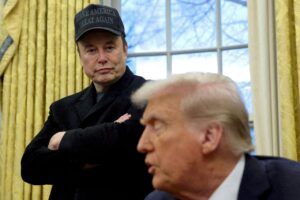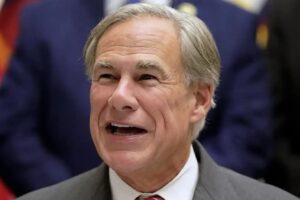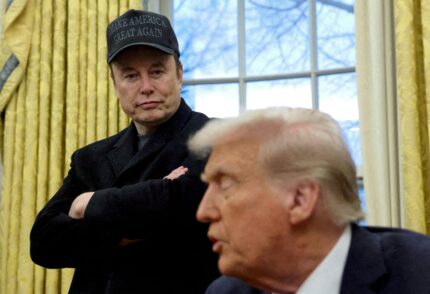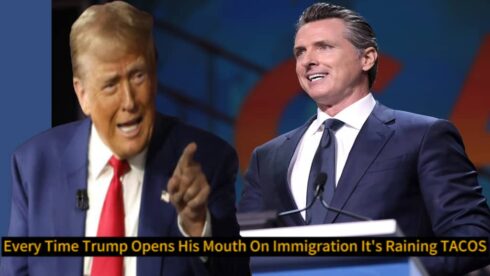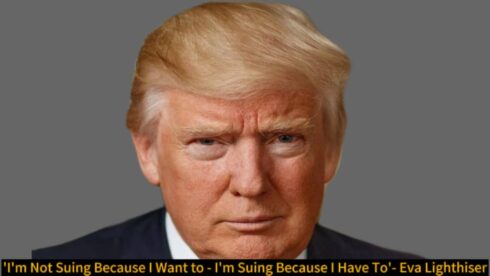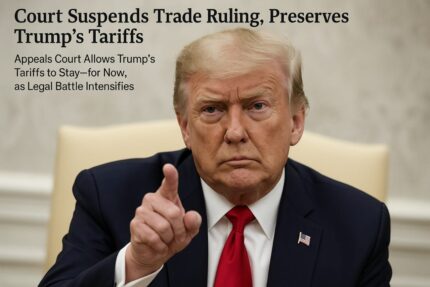Elon Musk declared Wednesday night that his tenure as a “Special Government Employee” under President Trump is nearing its end, capping off a controversial but transformative stint leading the Department of Government Efficiency (DOGE). The billionaire entrepreneur’s offboarding marks a significant turning point in a bold White House initiative aimed at slashing federal spending—an effort that has stirred both acclaim and alarm across Washington.
Elon Musk Confirms Departure Amid DOGE Milestone
Elon Musk announced his planned exit in a post on X, formerly Twitter, writing, “As my scheduled time as a Special Government Employee comes to an end, I would like to thank President Trump for the opportunity to reduce wasteful spending.” According to administration officials, Musk began his formal offboarding process Wednesday night, just days before reaching the 130-day service cap for special government employees.
The South African-born tech mogul’s leadership of DOGE—an unorthodox government body focused on auditing and eliminating inefficiencies—has dramatically reshaped the federal bureaucracy. His departure coincides with the Trump administration’s next phase of institutionalizing many of DOGE’s changes through legislation, raising questions about how the agency’s influence will evolve without Musk at the helm.
Sweeping Cuts, Questionable Savings
Under Elon Musk’s stewardship, DOGE spearheaded aggressive workforce reductions across nearly every federal agency and canceled billions in government contracts. Musk claims DOGE has helped cut $160 billion in government spending, with much of the focus on administrative redundancies and non-essential programs.
However, watchdog groups and media reports have challenged these figures. A recent CBS News investigation found multiple accounting errors in DOGE’s “Wall of Receipts,” a public-facing document tallying budget cuts. Another independent analysis estimates that Musk’s cost-cutting may actually lead to $135 billion in indirect losses, due to lost productivity, rehiring costs, and disruptions in critical services.
Tension with GOP and President Over Budget Bill
Elon Musk’s departure was preceded by growing friction with Capitol Hill Republicans over the fiscal direction of the administration. In a CBS Sunday Morning interview aired just days before his announcement, Musk criticized the recent budget bill passed by the House and championed by President Trump as the “big, beautiful bill.”
“I was disappointed to see the massive spending bill, frankly, which increases the budget deficit, not just decreases it, and undermines the work that the DOGE team is doing,” Musk said during the broadcast. His remarks exposed a rare public rift between the tech magnate and the president who appointed him.
Tesla Investors Pressured Elon Musk to Refocus
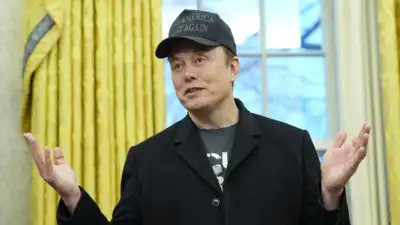
Elon Musk’s split attention between his government role and his business empire—most notably Tesla and SpaceX—has drawn concern from shareholders. In an April earnings call, Musk said his time at DOGE would “drop significantly” in May to allow him to concentrate on his companies, admitting he would likely limit his government engagement to one or two days a week.
Investor unease intensified as Tesla’s stock performance lagged behind expectations. Some stakeholders argued that Musk’s high-profile political role risked damaging Tesla’s brand and undermining its operational leadership. His phased exit may help stabilize investor confidence in the company moving forward.
Legacy of DOGE and the Road Ahead
Despite the controversy surrounding its methods and outcomes, DOGE under Elon Musk has undeniably reshaped how the federal government approaches internal reform. President Trump has repeatedly praised the department’s efforts, and on Wednesday, White House Office of Management and Budget Director Russ Vought confirmed that several DOGE-led cuts will be enshrined in a new congressional rescission package.
The bill aims to make permanent reductions to funding for the U.S. Agency for International Development, the Corporation for Public Broadcasting, and various foreign aid programs. As DOGE transitions into a post-Musk era, it will now face the challenge of maintaining momentum without its most visible and forceful advocate
Elon Musk’s Government Service: A Polarizing Experiment
Elon Musk’s foray into public service was as unorthodox as it was impactful. Granted a rare Special Government Employee (SGE) designation, he operated under a distinct ethical framework that allowed for part-time executive branch service. His appointment blurred the lines between Silicon Valley innovation and federal governance, creating both admiration and criticism.
While his critics argue that Musk’s corporate mindset clashed with the complexities of public administration, his supporters see him as a necessary disruptor. As the DOGE chapter of Musk’s career draws to a close, it remains a powerful case study in the possibilities—and pitfalls—of merging entrepreneurial boldness with government reform.




